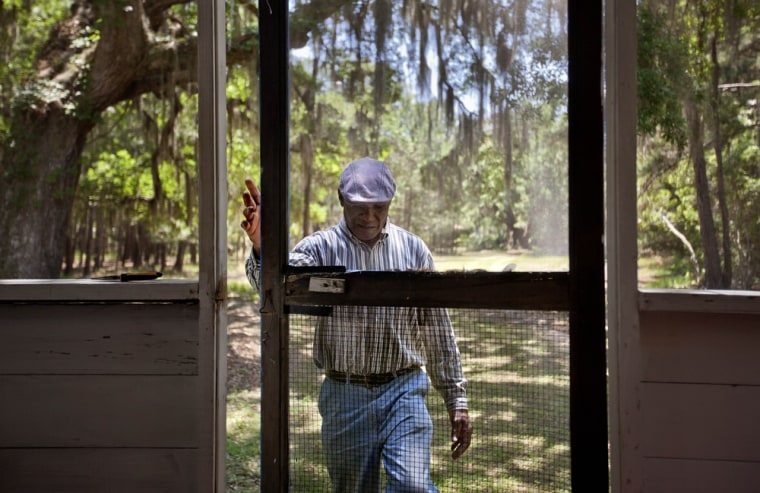
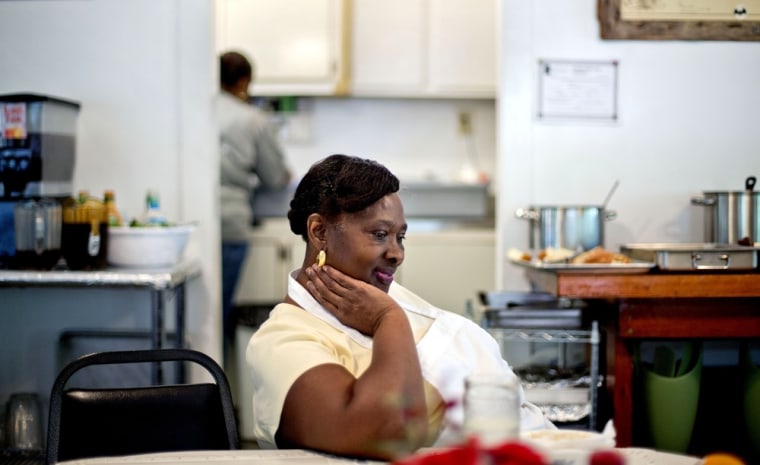
Roughly 47 residents, most of them descendants of West African slaves known as Geechee, remain on Sapelo Island off the Georgia coast where their ancestors were brought to work a plantation in the early 1800s. Once freed, the slaves were able to acquire land and created settlements on the island, of which only the tiny 464-acre Hog Hammock community still exists.
Isolated over time to the Southeast's barrier islands, the Geechee of Georgia and Florida, otherwise known as Gullah in the Carolinas, have retained their African traditions more than other African American communities in the U.S.
Residents say a sudden tax hike, lack of jobs, and development is endangering one of the last remaining Geechee communities from Florida to North Carolina. "People not going to be able to hang on to their property," says Lulu Walker, island resident and business owner. "The people don't make that kind of money on this island."
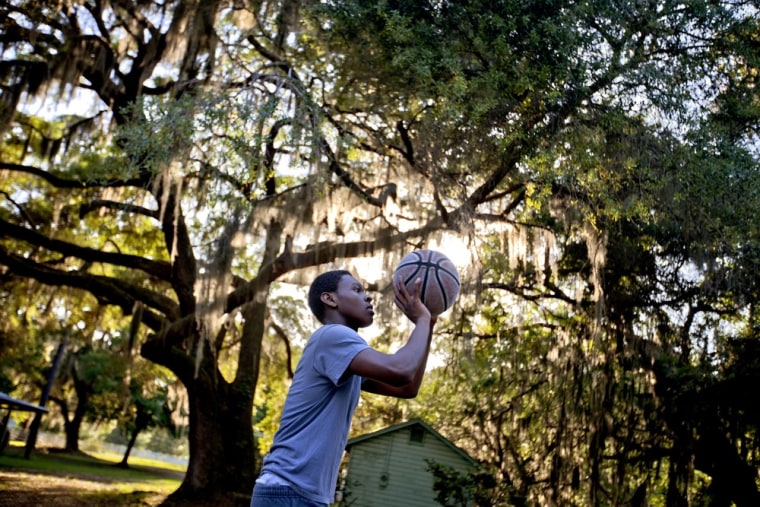
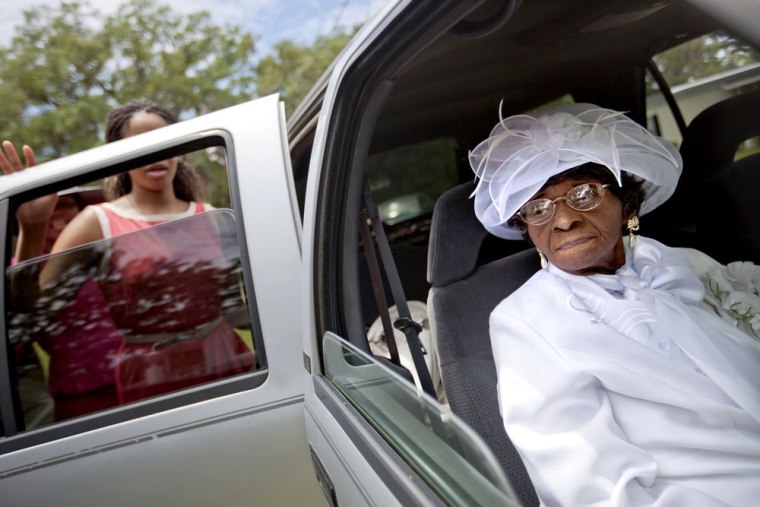
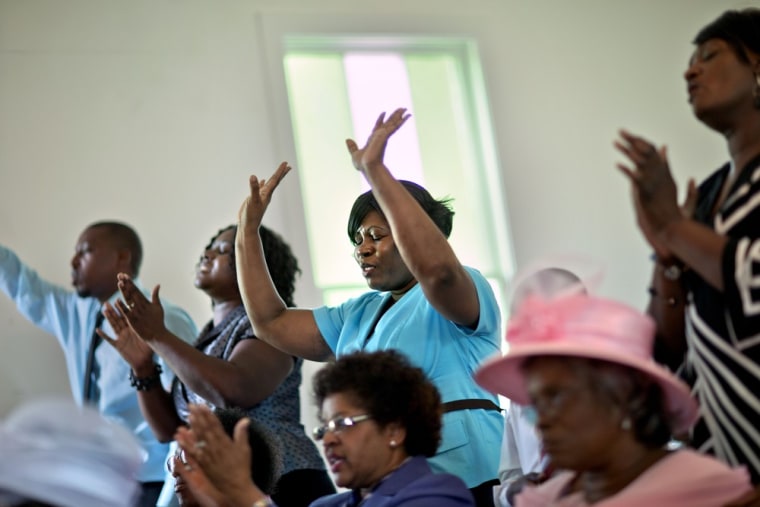
"You can't have a Geechee-Gullah Corridor without the preservation of the Geechee-Gullah people," she says. "They need to make sure the Geechee-Gullah people keep this land. This fight is not for us. The fight is for the next generation."
-- Associated Press